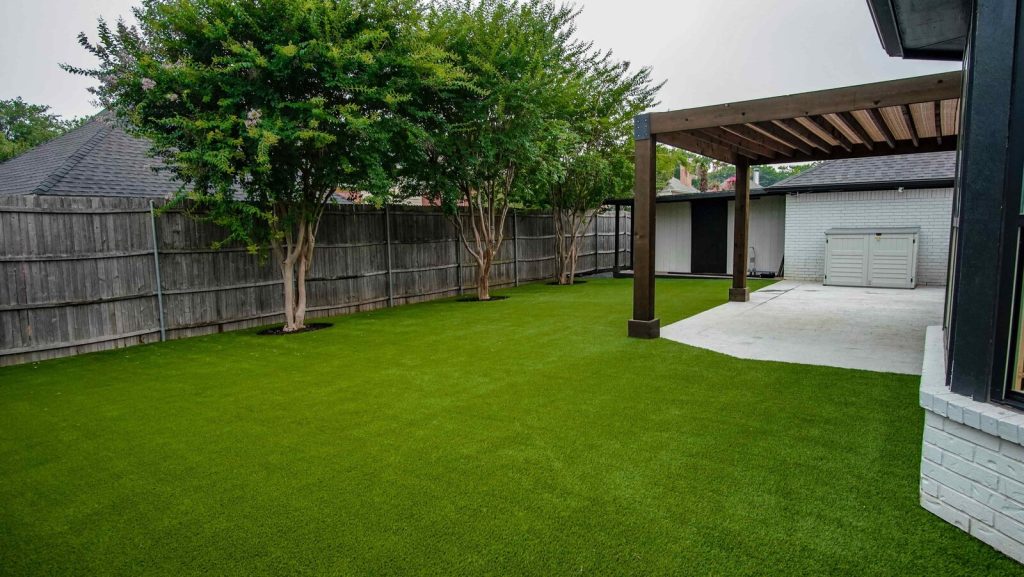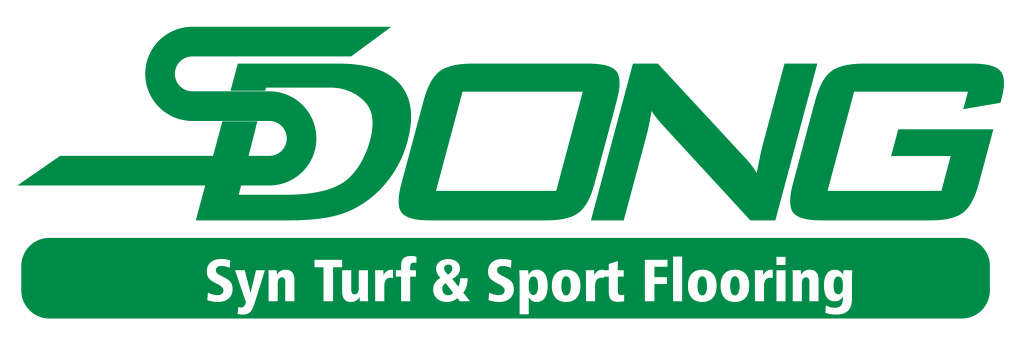Are you considering upgrading your outdoor space with a synthetic lawn? Installing synthetic lawns can transform your yard into a beautiful, low-maintenance oasis that stays green year-round. In this step-by-step guide, we’ll walk you through the process of installing synthetic lawns like a professional, ensuring a flawless result that enhances the beauty and functionality of your landscape.
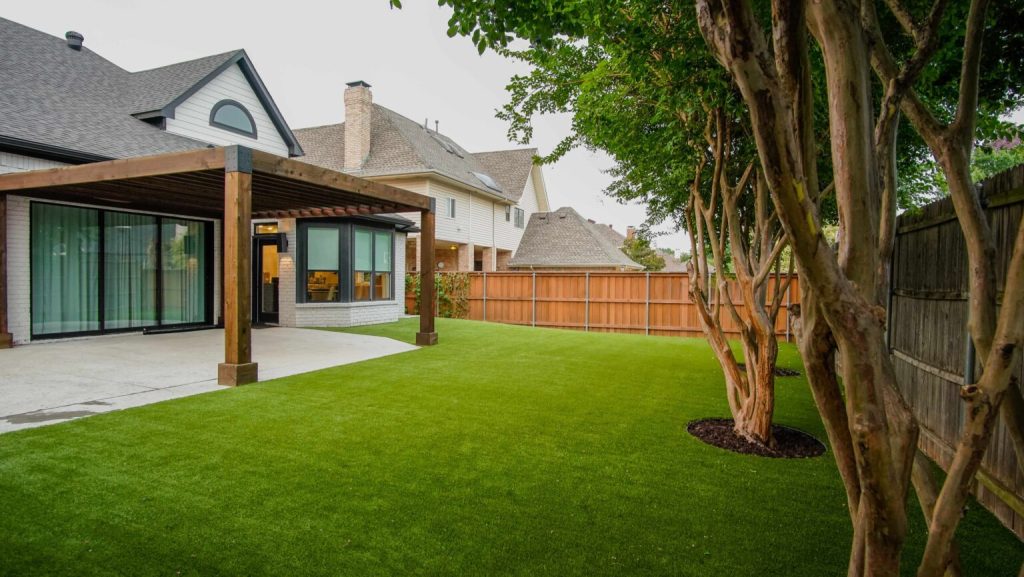
Artificial Grass Synthetic Lawns Bases
What do you put under artificial grass ?
To perfectly lay your artificial grass onto an existing hard base such as concrete or tarmac, we recommend installing a layer of Lazy Foam underlay beneath the artificial grass.
Before you lay the foam pad down, be sure to clean the surface beneath it. The foam underlay padding will provide extra cushioning and drainage to ensure your artificial grass is of a great standard all year round.
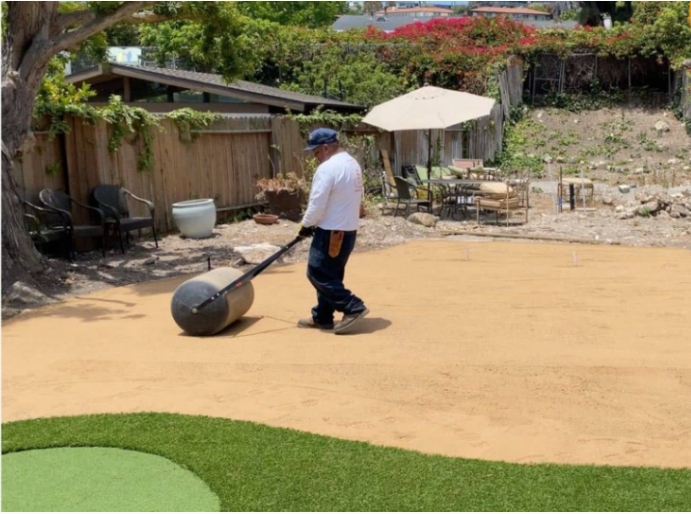
How to install synthetic lawns?
Step-by-Step- Guide below:
Step 1: Measure your garden
Measure your garden – in m2 if you can. Make sure you allow for some extra length as you will lose some when trimming and fitting.
Step 2:Order your artificial grass
Contact us to order your suitable synthetic lawns.
We supply the highest quality artificial grass nationwide and offer a range of grass styles available in 2m, 3.75 and 4m rolls. Don’t worry, we’ll help you choose the best product for your garden!

Step 3:Lay the Artificial Grass
With the base in place, it’s time to lay the artificial grass. Start by unrolling the turf and positioning it over the base. Make sure the turf is aligned with the edges of the site and cut off any excess with a utility knife. If you need to join two or more pieces of turf together, use a seaming tape to connect them. Be sure to leave a small gap between the pieces for the tape. Once the turf is in place, trim the edges to fit using a utility knife.
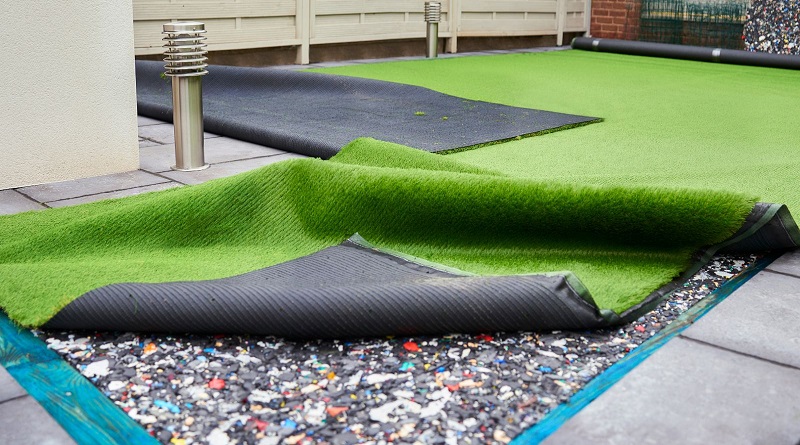
Step 4:Seam the turf strips together
There are several ways to join two strips of synthetic turf. A product made by the same company that sold your turf may provide the best results since it will be designed for use on your lawn. Here are the most common options:
Line up the two strips close together, then fold the edges back and lay artificial lawn seaming material on the exposed base. Cover the seaming material with the accompanying adhesive product, then fold the strips back over the seaming material and let dry. Use the manufacturer’s recommended adhesive only.
Or lay a length of seaming tape or strong outdoor tape on the ground and place the two strips on top of it.
Or fasten together with stakes, approximately one every three inches (7.5 cm).
Step 5: Trim the pieces of the synthetic grass
With the pieces joined and comfortably sitting in their bed, it’s time to walk around the turfs’ edges and trim any pieces that might be protruding out of the desired place.
Grab the same sharp utility knife (change the blade if you haven’t already) you used earlier and trim out everything you feel isn’t needed.
Step 6:Protect and sand the turf
Small things add up to natural looking turf. Around 12kg of sand will be needed per square meter of fake turf.
Gently spread the sand throughout the artificial piece of grass. Use the rake to gently spread out the fine sand and make sure it’s even throughout the whole area.
You can also use a seed dropper to spread out the sand. However, if you’re working on a larger area we advise you to rent a sand spreader.
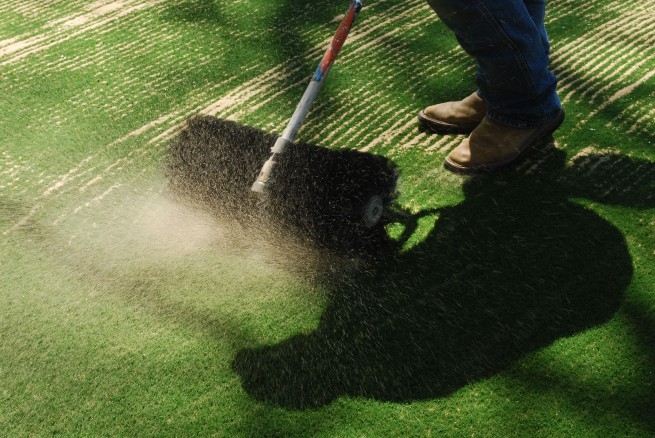
Step 7:Final Inspection
Walk over the entire area to ensure the turf is securely in place and there are no visible seams or irregularities.
Make any necessary adjustments or touch-ups as needed.
By following these steps carefully, you can install synthetic lawns like a professional, creating a durable and visually appealing outdoor space.
